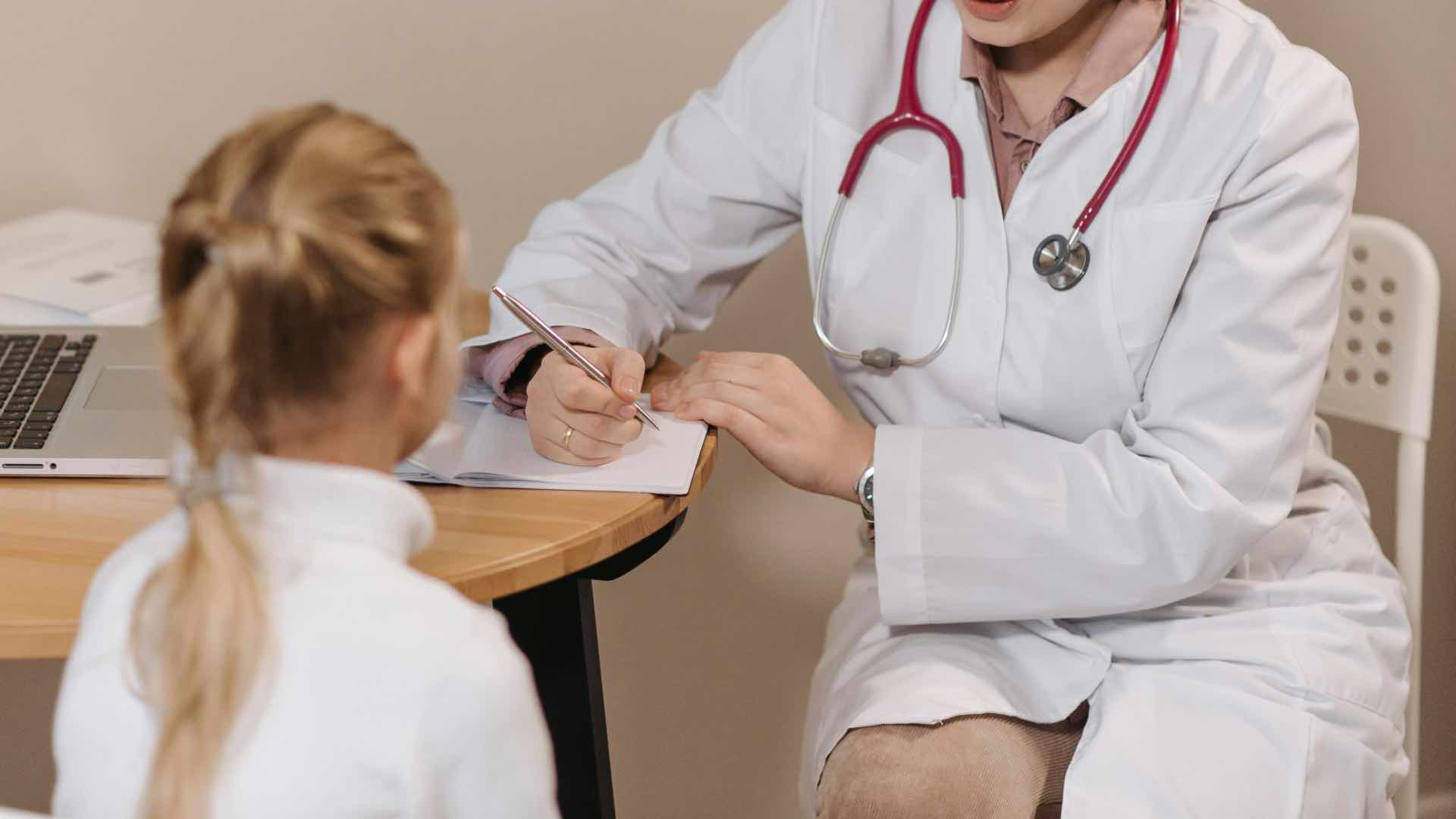NHS puberty blocker trial criticised as young people face 13 hours of assessments and 50 forms
"An intentional plan to delay, obstruct and obfuscate transition-related care," says health director for TransActual Chay Brown
By Aaron Sugg

The NHS is launching a £10 million, two-year study called the Pathways trial to examine the effectiveness of puberty blockers for under-16s, prompting concern among trans youth and advocacy groups.
Young participants will have to undergo more than 13 hours of medical assessments, complete around 50 forms – including questions on trauma and suicide – and undergo physical examinations before accessing treatment.
Half of the participants will receive puberty blockers immediately, while the other half will have to wait a year. Health secretary Wes Streeting said the trial follows recommendations from the Cass Review, which led to a ban on puberty blockers for under-18s in the UK.
“It is the result of an ideological view” – Chay Brown, health firector for TransActual raised their concerns over anti-trans NHS bosses
The announcement has sparked concern among campaigners, politicians, and advocacy organisations, highlighting a divide in responses.
Chay Brown, health director for TransActual, commented: “It breaks my heart when I think of the young people affected. This research is not about the safety of these medications, which have been used for this very purpose since 1989. It is the result of an ideological view at the very top of the NHS that being trans is a ‘less desirable outcome.’”
They added that the trial is “an intentional plan to delay, obstruct and obfuscate transition-related care”.
The trial, commissioned by NHS England, is being led by researchers from King’s College London, with Professor Emily Simonoff as Chief Investigator.
“[Parents] tell us that they don’t know what to do” – Emily Simonoff, Pathways trial Chief Investigator on the new trial
Speaking on BBC Radio 4’s Today programme, Simonoff said the trial was introduced because “[parents] tell us that they don’t know what to do, they look at the information that’s out there and they don’t know what’s best for them”.
She added: “We are looking very much at the balance between, possibly, benefits for mental health and quality of life, and any possible risks or harms.”
The study will monitor issues such as bone density, brain development, and mental health and wellbeing over time.
TransActual claims deputy chief investigator Dr Michael Absoud is anti-trans
TransActual outlined their concerns regarding the projects deputy chief investigator Dr Michael Absoud’s links and his involvement with the anti-trans group known as SEGM.
Absoud said in a statement that he is hopeful to uncover the side effects and benefits of the study: “We are pleased that the UK’s regulators and a research ethics committee have approved the studies, and that we will be able to begin recruiting.”
Those permitted to join the trial will be considered by clinicians to have “a reasonable prospect of benefit”. though what that entails remains indefinite.
The Pathways trial claims to include two people with lives trans experiences in their advisory team
Via the official King’s College website, the Programme Steering Committee will “include at least two people with lived experience of being a gender-diverse young person, or a parent/caregiver of a gender-diverse young person, as well as scientists.” The Committee will advise on the study’s overall progress.
Research indicates that being denied puberty blockers has serious adverse effects on trans youth, including depression, anxiety, and suicidal thoughts.
Around 25 states in the US (as of early 2025) have enacted some form of ban on gender-affirming care for minors, some of which include penalties for medical practitioners.
Subscribe to Attitude print, download the Attitude app, and follow us on Apple News+. Plus: find us on Instagram, Facebook, TikTok, X and YouTube.

